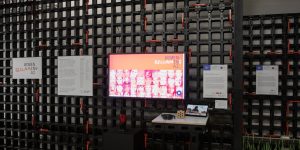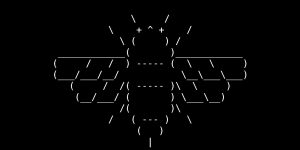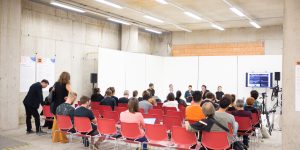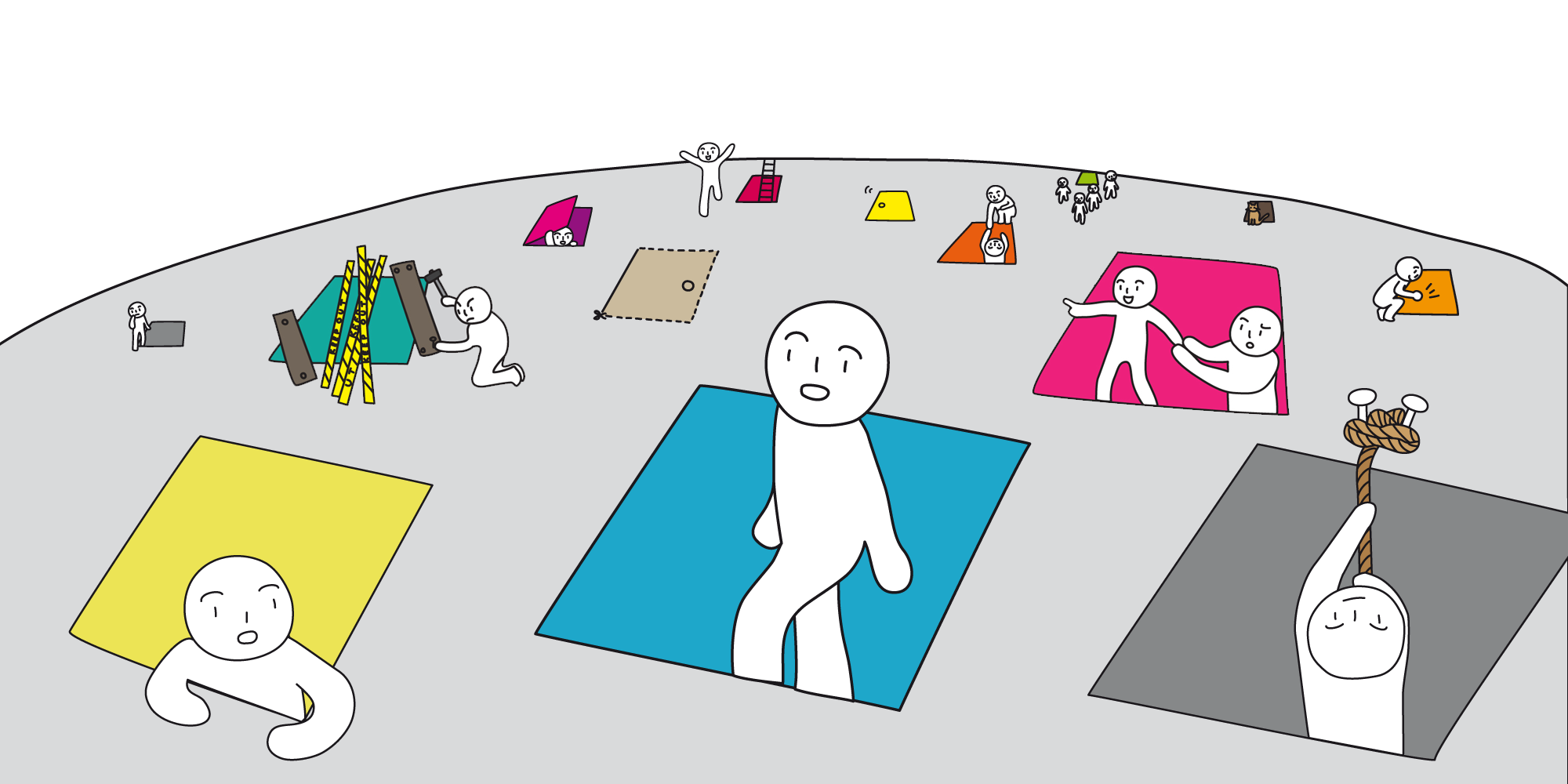ai

Workshop series European Platform for Digital Humanism
The Saturday of the festival features a workshop series in the framework of the European Platform for Data Humanism.

Nothing wild in particular
Jeremie Nuel (FR)
Consciousness, memory, reality and identity are regular themes in Philip K. Dick’s books. These concepts have fed into AI research since the seventies. This work uses Andrej Karpathy’s neural network, known as “recurrent,” to train a computer program, using as source a text or a corpus. Once trained, the code writes, character by character, a new text. The corpus that feeds the neuronal network shortens Philip K. Dick’s work (52 books). As a mirrored entity, strange and undisciplined, the computer program tries to write, at every iteration, step by step, an often-absurd story, and sometimes, a poetic one.

Gallery Spaces Panel II: Art & Science for Ecology
Since its creation, Quo Artis has developed a series of projects at different magnitudes that aim to reflect on our climate urgency and ecology. Among them, Artists&Scientists expedition to Antarctica in 2017 and to Galápagos Islands, scheduled for 2020. In this context and within the framework of Ars Electronica, Quo Artis presents the exhibition: “Postnature. The Future is Present” curated by Daniel López del Rincón and displaying works from the following artists: Brandon BALLENGÉE (US), Joaquín FARGAS (AR), Maja SMREKAR (SI) and the QUIMERA ROSA collective (+ Roger Rabbitch + Rebeca Paz) (ES) where they investigate the relationship between future, nature and the Anthropocene. The round table presents itself as an opportunity to put into context the works of the exhibition, while seeking to contemplate the creative potential of intersecting art and science, opening a line of escape towards a more ecological and sustainable future.


